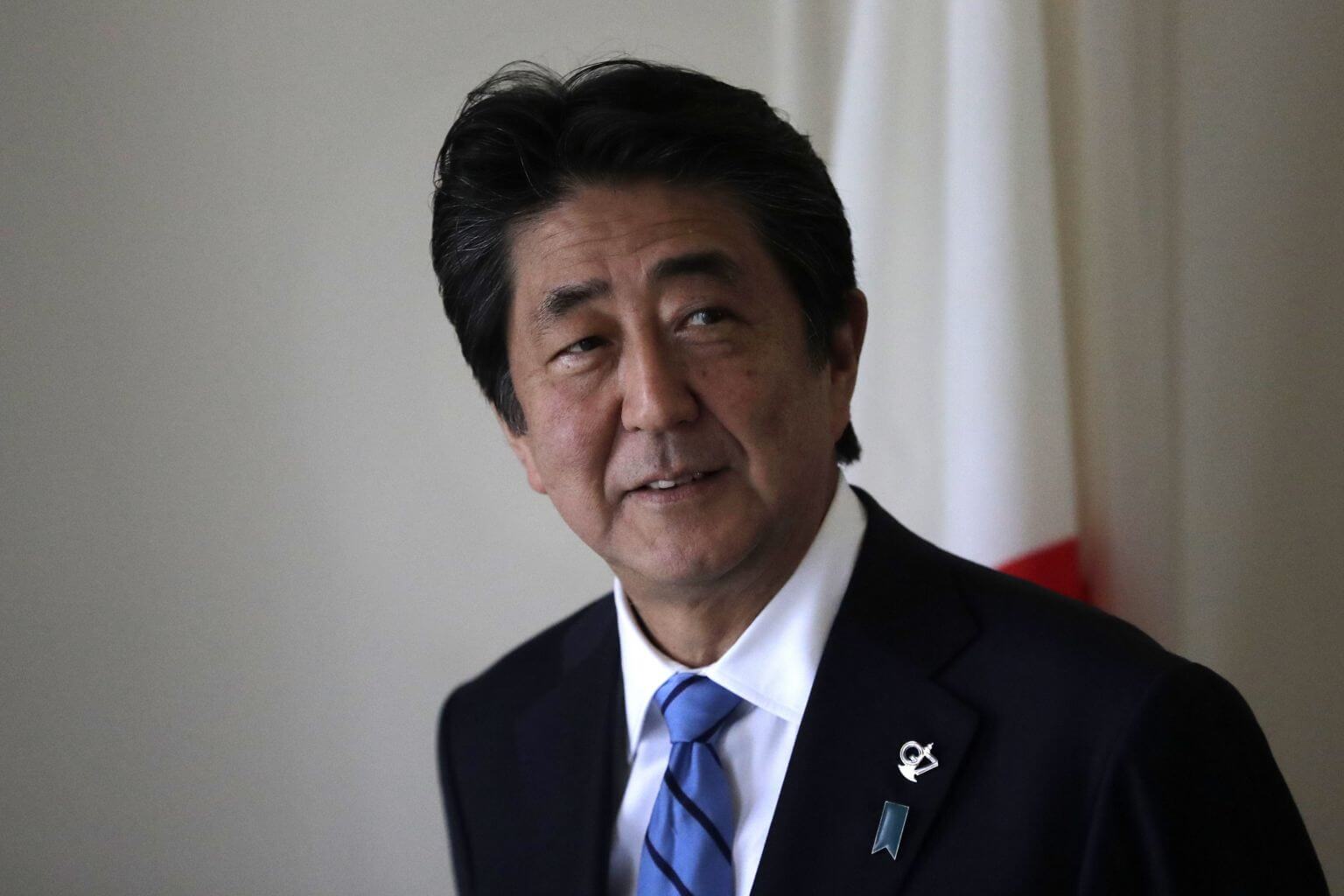Abe becomes Japan's longest-serving prime minister since WWII
Sign up now: Get insights on Asia's fast-moving developments

Some observers said Prime Minister Shinzo Abe has been able to maintain a long-running premiership because of the existence of "many weak opposition parties", as well as the absence of a potential successor within his party.
PHOTO: AP
TOKYO (WASHINGTON POST) - Prime Minister Shinzo Abe became the Japan's longest-serving prime minister since World War II on Saturday (Aug 25), surpassing Mr Eisaku Sato's 2,798 days in office.
Saturday was his 2,799th day as prime minister, including a year in power that ended in September 2007.
Mr Abe's term as president of the ruling Liberal Democratic Party (LDP) expires in September 2021. He is likely to rank with Mr Taro Katsura's all-time record of 2,886 days in office on Nov 19 this year.
Mr Katsura served as prime minister for three terms between 1901 and 1913, while Mr Sato was in office from 1964 to 1972.
Since making a comeback as prime minister in 2012, Mr Abe, 64, has remained in office for a long time, placing top priority on the economy under his administration.
Some observers said Mr Abe has been able to maintain a long-running premiership because of the existence of "many weak opposition parties" that have failed to show any obvious points of contention, as well as the absence of a potential successor within the LDP.
"The prime minister has been spearheading efforts for the people and the nation, which has been widely appreciated and led to a long-running administration," LDP Secretary General Toshihiro Nikai told reporters at the party's headquarters last Friday.
Regarding Mr Abe's fourth consecutive term as party president, which has been talked about within the party, Mr Nikai said: "We will do our best to support the prime minister if he makes that decision."
Mr Abe's first Cabinet from September 2006 was marred by pension record-keeping blunders and scandals among his Cabinet members, which drove him from office after a year.
After the inauguration of his second Cabinet, the prime minister - who pledged to clean up his tarnished image - placed top priority on economic revitalisation.
Under the Abenomics economic policy package, which included a large-scale monetary easing policy, corporate earnings and the employment environment drastically improved.
The Cabinet's approval rating remains high mainly because of his achievements in economic improvement, a mid-ranking LDP member said.
However, Mr Yuichiro Tamaki, the leader of the Democratic Party for the People (DPFP), made critical comments to reporters in the Diet building last Friday.
"A prime minister who serves for a long time always produces some achievements. But nothing really comes to my mind when thinking about what (Abe) has done," he said.
However, the opposition parties have not shown a clear point of contention against the LDP, partly because of the split within the former Democratic Party when the 2017 House of Representatives election was held.
Opposition parties failed to form a united front over basic policies such as the Constitution and nuclear energy.
Instead, they put great effort into tenaciously questioning the government and the ruling party over misconduct.
They repeatedly questioned whether bureaucrats acted on what they surmised were the unspoken wishes and intentions of the Prime Minister's Office over issues involving school operators of Moritomo Gakuen and Kake Educational Institution - which left Mr Abe open to criticism.
Although the Cabinet's approval rating hovered at a low level for a while, it gradually recovered as the government got high marks for its diplomacy and other policies.
"We were helped by the opposition parties always criticising Abe as they gave high priority to damaging his image," an LDP lawmaker and former Cabinet member said.
A person related to the DPFP deplored the situation, saying: "The main contributor to the government being in power so long is the opposition parties."


